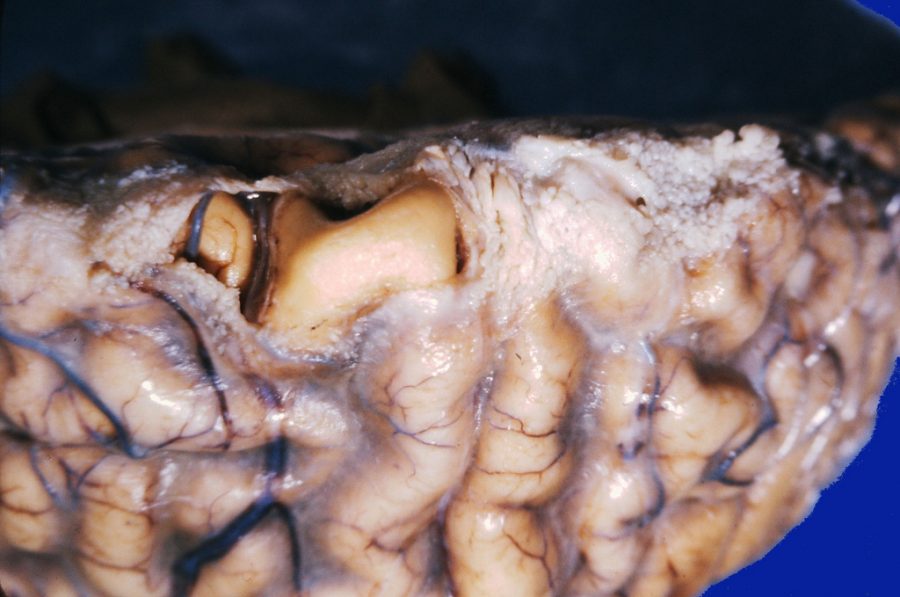Millikin Health Corner
Meningococcal Disease
Imagine a potentially fatal infection, commonly found on colleges campuses, inside healthy individuals within a matter of hours.
This may sound like a sequel to the Hollywood blockbuster Contagion, yet this is the reality of a serious infection known as meningococcal disease.
Meningococcal disease is a severe infection of the bloodstream or fluid surrounding the brain and spinal cord. The fluid causes swelling in surrounding tissues.
This disease is spread from person to person by contact with respiratory secretions or saliva. Coughing, sneezing, kissing and sharing eating or drinking utensils with an infected person may allow spread of the bacteria.
Persons at increased risk of meningococcal disease include very young children, people between the ages of 16 and 23 years of age, persons with weakened immune systems and those who have traveled to places where the disease is common like sub-Saharan Africa.
Meningococcal disease is also particularly common in community settings where large groups of people are in frequent close contact with each other, such as prisons and college campuses. In fact, between Fall 2016 and Spring 2018, outbreaks of meningococcal disease have occurred at Oregon State University and across five college campuses located in Western Massachusetts.
According to the World Health Organization, even when the infection is diagnosed and treated quickly, up to 10% of patients die within 48 hours. Due to the possibility of rapid disease progression, symptoms of meningococcal disease should be taken seriously, and treatment should be started quickly. Symptoms, which typically develop within two to 10 days following exposure, include neck stiffness, headaches, sensitivity to light, high fever, vomiting, fatigue, confusion, muscle pain, purple rash, seizures, and coma.
Once diagnosed with meningococcal disease, it is important that patients are treated with antibiotic medications as soon as possible to limit symptoms and decrease the chance of permanent, long-term effects, including loss of hearing, nervous system damage, brain damage or death.
Despite the severity of the disease, simple measures can be taken to protect against the spread of meningococcal disease. The Centers for Disease Control and Prevention (CDC) encourages people to maintain healthy lifestyle habits, including getting plenty of sleep, covering your mouth when coughing or sneezing and avoiding close contact with people who are sick, which can reduce the chance of getting the disease.
The most effective way to protect yourself against meningococcal disease is to get vaccinated.
Although there is not currently any single vaccine to protect against all meningococcal disease, multiple vaccines have been developed over the last four decades to prevent different strains of the disease. Currently, in the United States, vaccines are available which protect against the three most common types of meningococcal disease.
The CDC recommends all preteens and teenagers get vaccinated between the ages of 11-12 and then receive a booster vaccine around 16 years of age. Older children and adults who are at higher risk of developing meningococcal disease may benefit from vaccination. Individuals who think they might be at risk should check with their doctor to determine if they would benefit from vaccination.
As students, please do your part to help prevent the spread of this dangerous disease. If you have any of these symptoms or suspect you or someone close to you may have meningococcal disease, seek medical treatment immediately and avoid becoming part of the Contagion saga.

